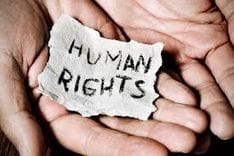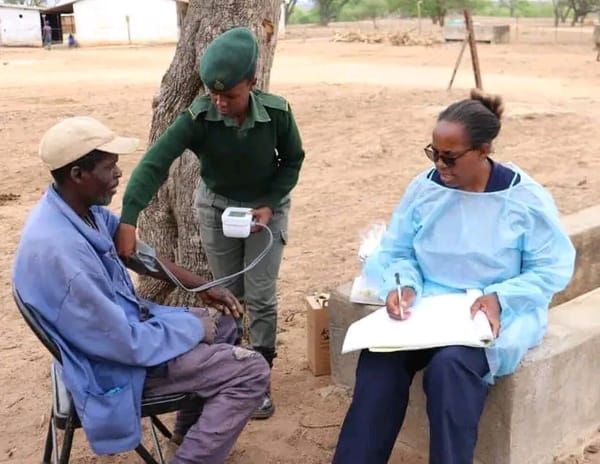The Forgotten Millions, Statelessness and the Erosion of Fundamental Human Rights

The world, in its relentless pursuit of progress, often overlooks the plight of millions who exist in a legal limbo, stripped of their most basic rights. Statelessness, a condition where an individual is not recognized as a national by any state, casts a long shadow of deprivation and vulnerability across the globe.
This pervasive problem, often hidden from public view, constitutes a profound violation of fundamental human rights, jeopardizing individuals' access to education, healthcare, employment, and even freedom of movement.
Stateless individuals are denied the very foundation of their existence – a nationality that affords them protection and allows them to participate in society. Without a nationality, they are rendered invisible, excluded from the legal and social systems that govern their lives.
Their right to a nationality, enshrined in the Universal Declaration of Human Rights, is systematically violated, leaving them at the mercy of discrimination and abuse.
The consequences of statelessness are far-reaching and devastating. Without a nationality, individuals are often barred from accessing basic public services such as healthcare and education. They face obstacles in securing employment and are often denied the right to own property. Travel restrictions and the threat of deportation loom over them, creating a constant sense of insecurity and fear. Their lives are characterized by marginalization and exclusion, leaving them trapped in a cycle of poverty and despair.
For instance the Rohingya Refugees are being forgotten. In Myanmar, the Rohingya Muslim minority has been denied citizenship for decades, rendering them stateless and subject to severe persecution. Many have fled to neighboring countries, where they continue to face hardship and lack access to essential services.
The other neglected group are children of stateless parents. Many children are born stateless due to their parents' lack of nationality. This can happen in situations of conflict, displacement, or where laws are discriminatory towards certain groups.
A young girl named Amina, born in a refugee camp, has been denied access to education and healthcare because she doesn't have a nationality. The other group being neglected are those who are statelessness by descent. In many countries, nationality laws are based on descent, often favoring men over women. This can lead to situations where a child inherits their father's nationality but not their mother's, leaving the child stateless.
The causes of statelessness are complex and multifaceted, ranging from historical injustices and discriminatory laws to conflicts and displacement. In many cases, individuals are left stateless due to a lack of access to birth registration, inconsistent nationality laws, or the denial of citizenship based on ethnicity or religion.
The international community has made strides in recognizing the severity of statelessness and has initiated efforts to address this crisis. The 1954 Convention Relating to the Status of Stateless Persons and the 1961 Convention on the Reduction of Statelessness provide frameworks for protecting stateless individuals and preventing future cases. However, the implementation of these conventions remains uneven, leaving many stateless individuals without the legal and practical protection they require.
The fight against statelessness requires a multi-pronged approach. Governments must prioritize the registration of births and ensure that their nationality laws are consistent with international human rights standards. International organizations, NGOs, and civil society groups need to work together to advocate for the rights of stateless individuals and provide them with essential services and support.
The global community must recognize that statelessness is not merely a legal issue but a human rights crisis. It is a stark reminder of the fragility of our legal systems and the urgent need to uphold the fundamental rights of all individuals, regardless of their nationality status. The forgotten millions deserve our attention, our empathy, and our unwavering commitment to ensuring that their rights are respected and protected.




